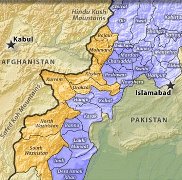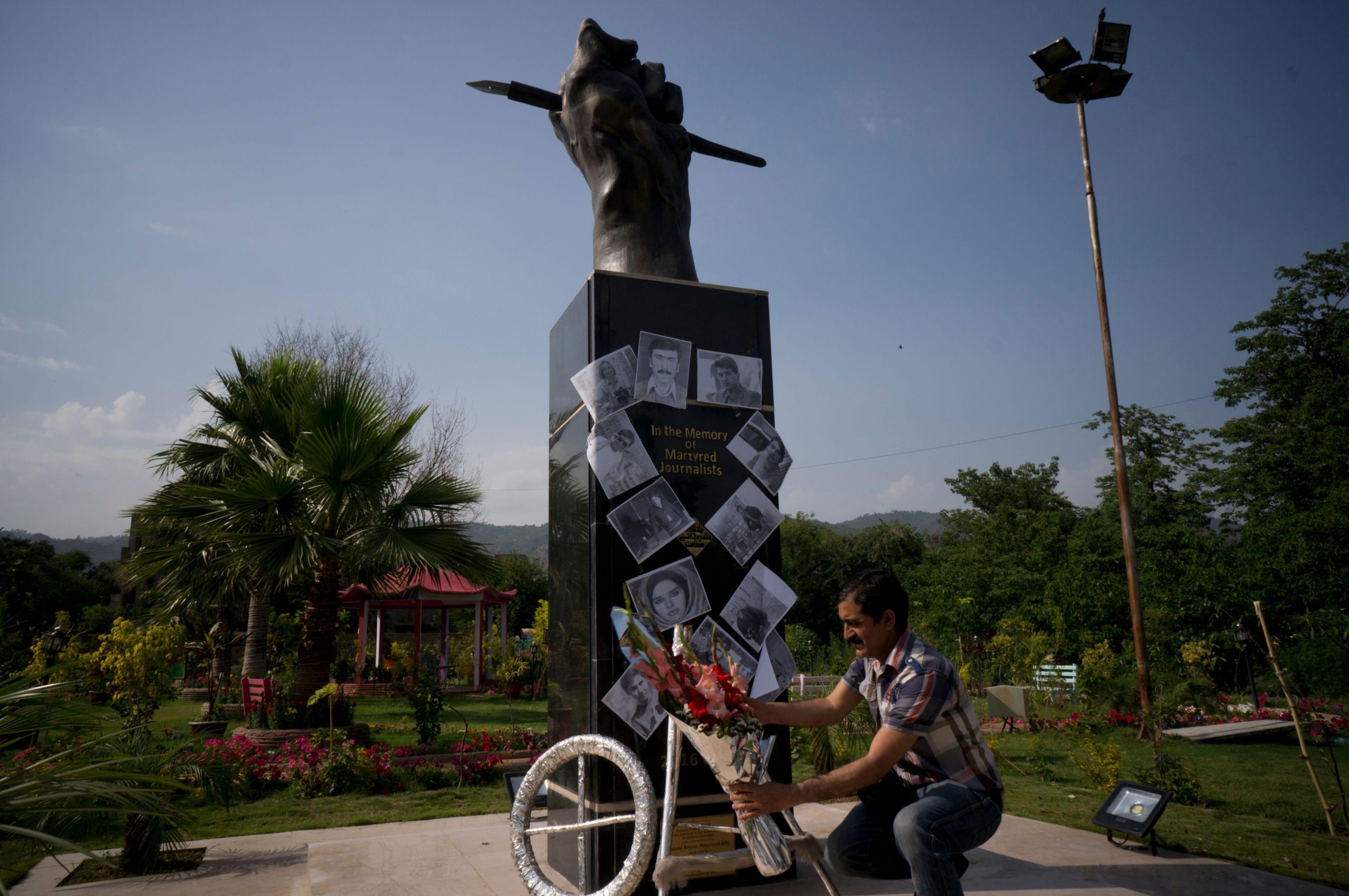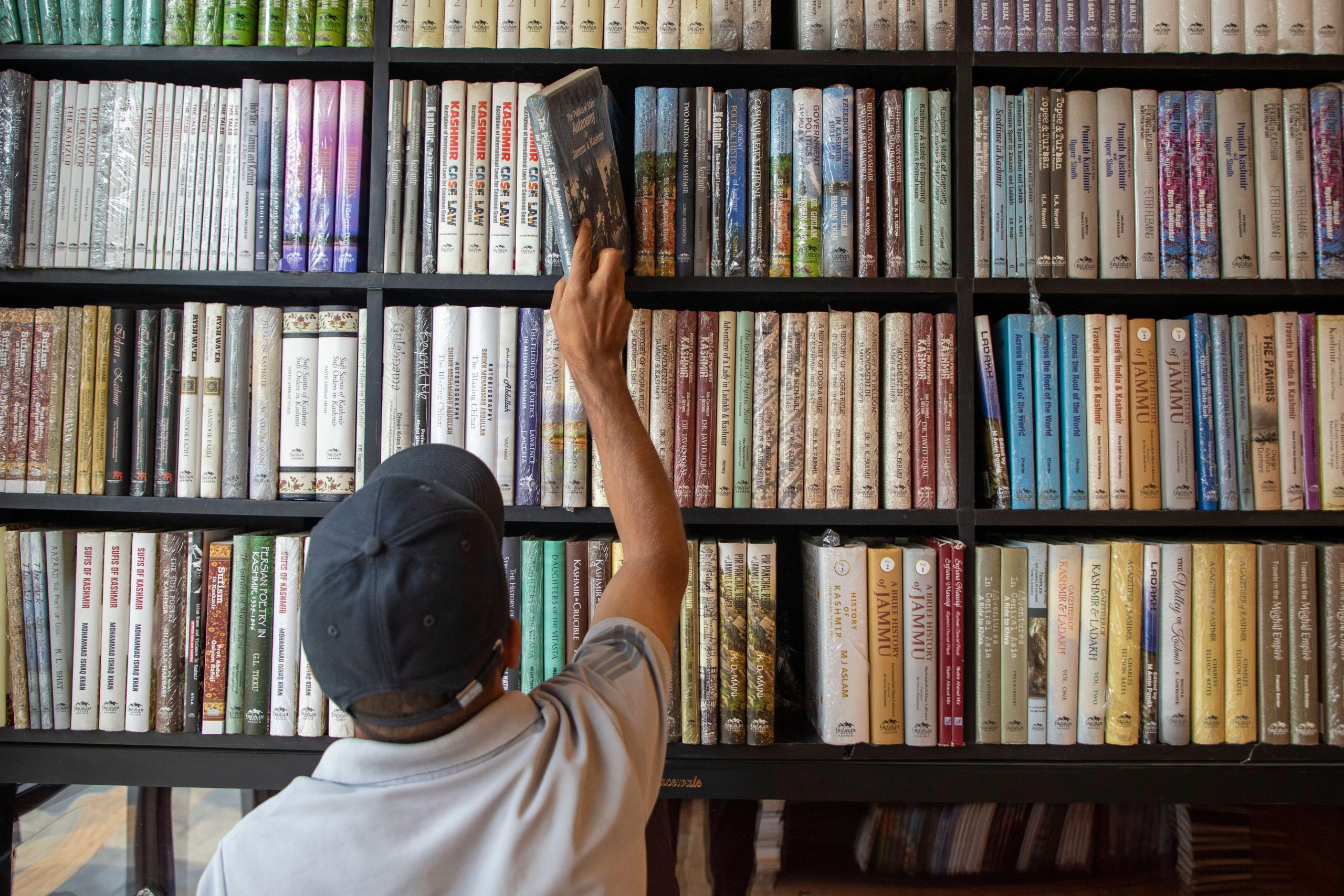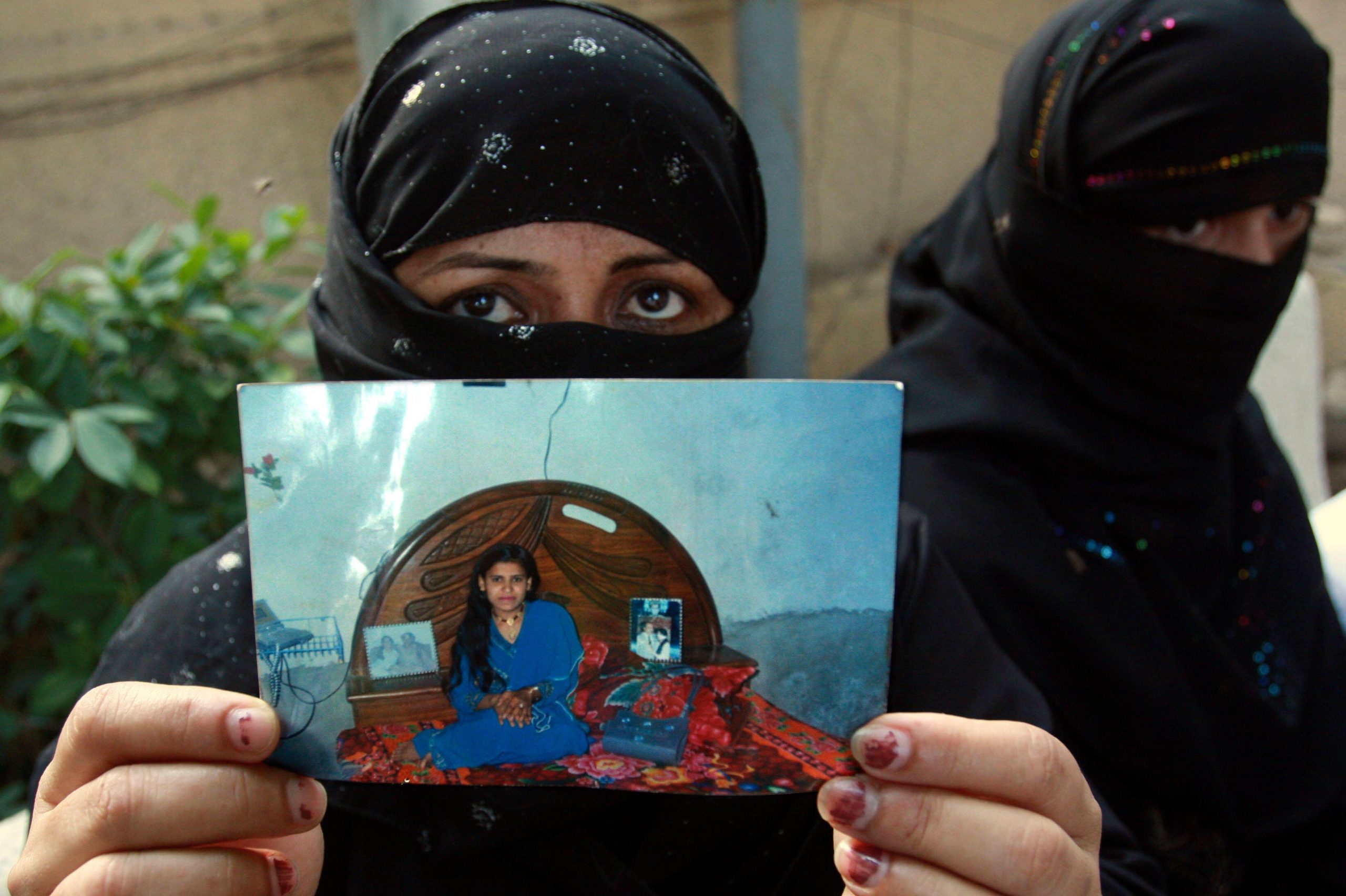 Reporting from Pakistan’s tribal areas is getting more and more hazardous, says Haq Nawaz Khan
Reporting from Pakistan’s tribal areas is getting more and more hazardous, says Haq Nawaz Khan
Free, fair and fearless reporting for Pakistani journalists living in the war-ravaged tribal areas bordering Afghanistan is almost an impossible task. Those who attempt to fulfil their professional obligations without siding with either party — security forces or pro-Al Qaeda militants, known as local Taliban — are often forced to leave the tribal regions or ‘mysteriously killed’.
According to reports, between 2005 and 2008 some six journalists have lost their lives, and dozens have left their respective tribal areas. Some have been physically assaulted or seen their families beaten up, and some journalists have been threatened in writing by militants or the security forces.
‘Most of our colleagues have left the tribal regions and taken shelter in the nearby towns or in Peshawar, the provincial capital of North West Frontier Province, to avoid any mishap. No one is here to support us at this critical juncture, neither the government nor our own media organisations,’ sai Sailab Mehsud, former president of Tribal Union of Journalists (TFUJ).
Tribal journalists who were killed mysteriously during the last two-and-a-half years include Allah Noor Wazir, Amir Nawab (South Waziristan), Hayatullah (North Waziristan), Naseer Afridi (Darra Adamkhel, Provincially Administered Tribal Areas), Noor Hakeem (Bajaur tribal agency) and Ibrahim Jan (Bajaur agency).
Mr Mehsud said three independent journalists, Din Mohammad, Zafar Wazir and Anwar Shakir, based in Wana, the capital of South Waziristan, had been trying to work independently in the most troubled agency [regional subdivision] but the militants issued a pamphlet, threatening to kill journalists who write against them. They are now on a Taliban hit list. The militants alleged these reporters were working for foreign media.
Mushtaq Khan Yusufzai, a Peshawar-based war reporter who writes for News International and also an American TV network, sees independent journalism in the tribal regions as an uphill task.
‘I have been facing pressure from security agencies, incentives from some foreign “people” to work for them and also from the militants to write what they want. But I am resisting and trying to continue with my work independently. I am a journalist and not a spy.’
Yusufzai has travelled many times to troubled spots including Waziristan, Kurram Agency, Mohmand and Bajaur tribal agency and faced hardships in reporting freely. ‘I was caught in a crossfire between security forces and the militants and also survived bomb blasts during my professional duties,’ he said.
Since the war on terror began, tribal areas of Pakistan have turned into the hub of hardcore militants affiliated with Al Qaeda under the name of Tehrik-e-Taliban Pakistan (TTP) or Pakistan’s Taliban Movement. Being an ally of NATO, Pakistan’s government launched military operations against local as well foreign militants, and the war in the region is still continuing.
Pakistan’s tribal regions are divided into seven administrative tribal agencies, run by federal government under century-old regulations dating from British rule in India. These seven agencies included South Waziristan, the headquarters of Taliban, North Waziristan, Kurram, Aurakzai, Khyber, Mohmand and Bajaur tribal agency. The agencies are situated at the western borders with Afghanistan.
However, there are also some tribal regions administered by the provincial government including Darra Adamkhel, Malakand Agency and Chitral in North West Frontier Province (NWFP). Pakistan shares 2500 kilometers of border with Afghanistan.
The tribal belt is practically in the control of pro-Al Qaeda militants, and the security forces have been trying to establish their writ in an ongoing process for the last couple of years.
Journalists living in these troubled areas are finding it hard to independently cover the conflict between the security forces and the Taliban. Embedded journalism is one way for local war reporters to write their reports. The army and the Taliban occasionally take journalists to these tribal areas to write reports, which often end up slanted towards the host party.
In recent times, the army took a group of local and foreign journalists to South Waziristan and briefed them about their operations and success stories against the militants. Afterwards, the Taliban invited a group of local journalists from Peshawar to South Waziristan Agency and told them about their stories. Baitullah Mehsud, a prominent pro-Al Qaeda militant and Chief of Tehrik-e-Taliban Pakistan also talked to the visiting journalists.
Journalists working in these circumstances have mainly to rely on these militants and security forces. If they try to use some independent sources they have to face the wrath of both the warring parties. So, independent journalists cannot carry out their professional duties, and the facts coming out of these areas are either fabricated or concealed.
Foreign journalists are totally banned from the tribal areas by the government, under the pretext of ‘security risk’. Tribal areas have also become ‘no-go areas’ for local tribal and also for other Pakistani journalists.
Taliban forces recently kidnapped two journalists in Mohmnad area, another troubled tribal agency, some 70-80 kilometres north of Peshawar, provincial capital of NWFP. These include tribal journalist Pir Zubair Shah, associated with the New York Times, who was kidnapped, along with a photographer, by militants loyal to Baitullah Mesud.
Ironically, the Taliban freed the journalists after intervention of some tribal people and senior journalists, but now they are in the custody of the political administration of Mohmand Agency. The Mohmand Agency came in to the lime light when NATO planes bombed the hideouts of militants along the Afghan border when they were trying to enter into Afghanistan from the east.
Kifayatullah Piracha, Tank-based senior journalist, a town adjacent to the South Waziristan Agency, the stronghold of Baitullah Mehsud, said: ‘I can’t go out after sun set. We received threats from the militants after reporting independently, which they see as critical of them. We try to wind up our office work before dusk.
‘No one is looking after us, so we have to decide whether to risk our lives to report an incident or not. There are some 30 journalists working in Tank, but we only meet in daylight, and hold our receptions at midday, because everyone is under threat from both Taliban and security forces.
‘We are under pressure from the military and administration to report only after verifying facts from the intelligence agencies; otherwise, we have to face the military’s anger. And if we do so, then the militants threaten us.’
The story does not end there. The situation is worse in the Khyber tribal agency, the sole supply route for NATO-led forces from Pakistan, where some militant groups associated with the Taliban are in full control. Two journalists working in this tribal agency, Nasrullah and Qazi Abdur Rauf, were badly beaten up by the militants. They were covering the ongoing fighting between the security forces and militants. Another journalist, Khyal Zaman, was fined 150,000 rupees (approximately US $2200) by the political administration of Khyber Agency for articles they consider ‘against the government’.
These hardships are not only restricted to the journalists themselves. Their families also suffered a lot. Taliban forces allegedly killed four family members of Din Muhammad, the South Waziristan-based journalist, including his father, brother and uncle. Dilwar Wazir, BBC correspondent in Waziristan, and his nephew also were physically assaulted. The wife of a journalist killed in North Waziristan died in a bomb blast one year after her husband’s brutal killing.
Journalists in Pakistan have been protesting through their national forums — the Pakistan Federal Union of Journalists, Khyber Union of Journalists and Tribal Union of Journalists — over the killings, kidnapping and attacks against free media in the tribal areas. Some international journalists’ bodies and NGOs have also raised their voices for the victims.
Tribal journalists want to report freely, but this dream is still distant, like a hazy mirage.
Haq Nawaz Khan is senior correspondent for Islamabad-based daily the Nation





